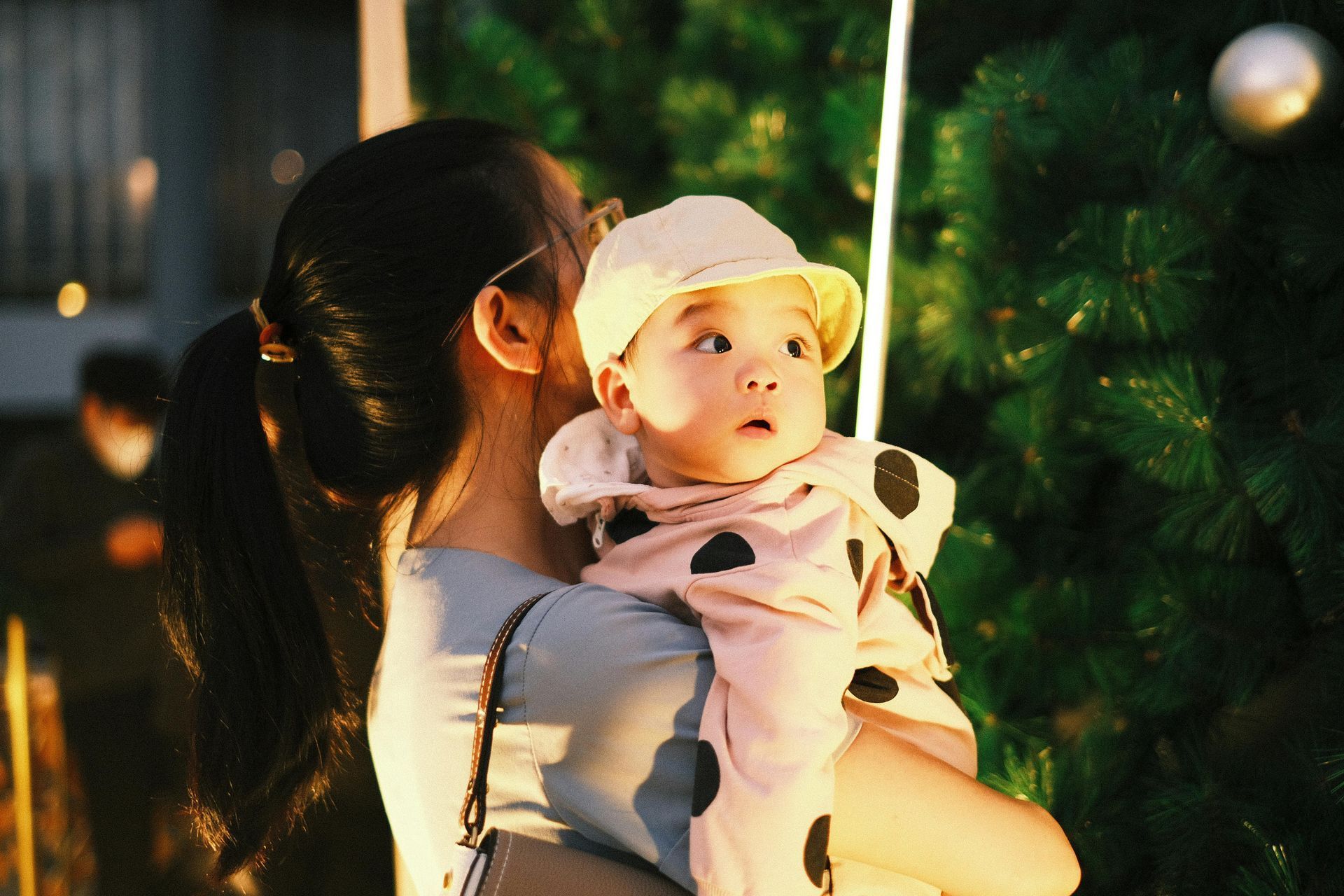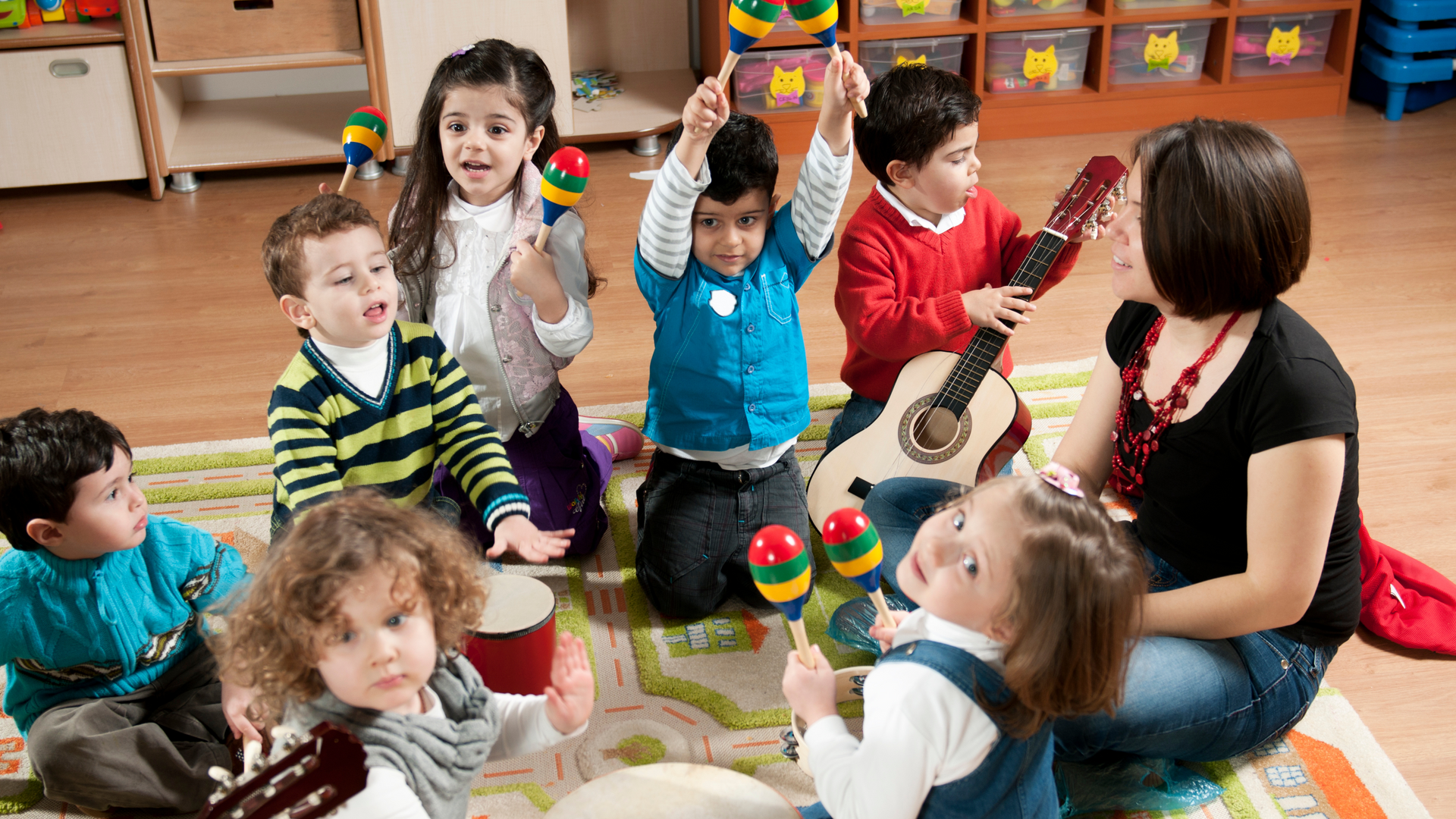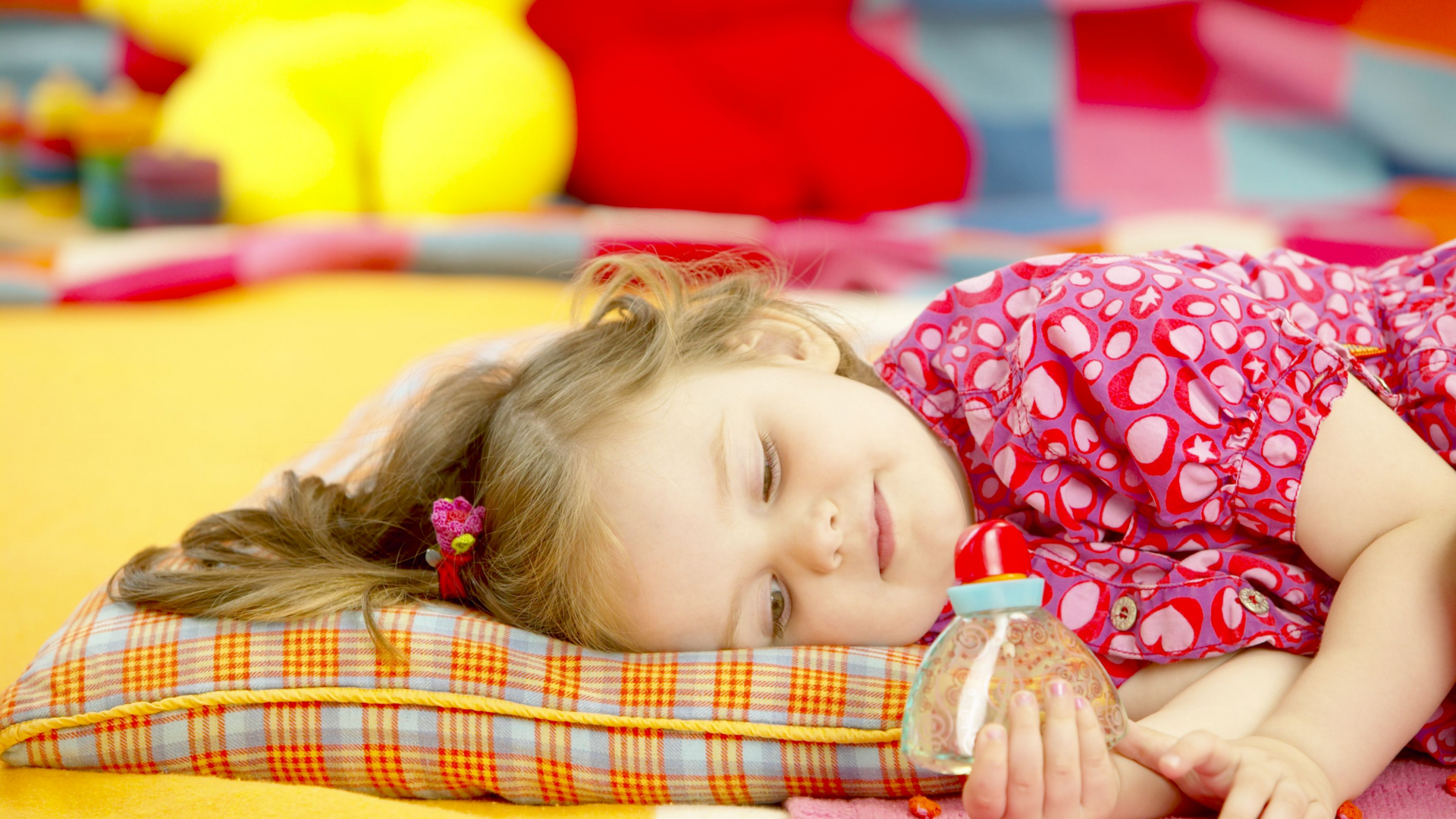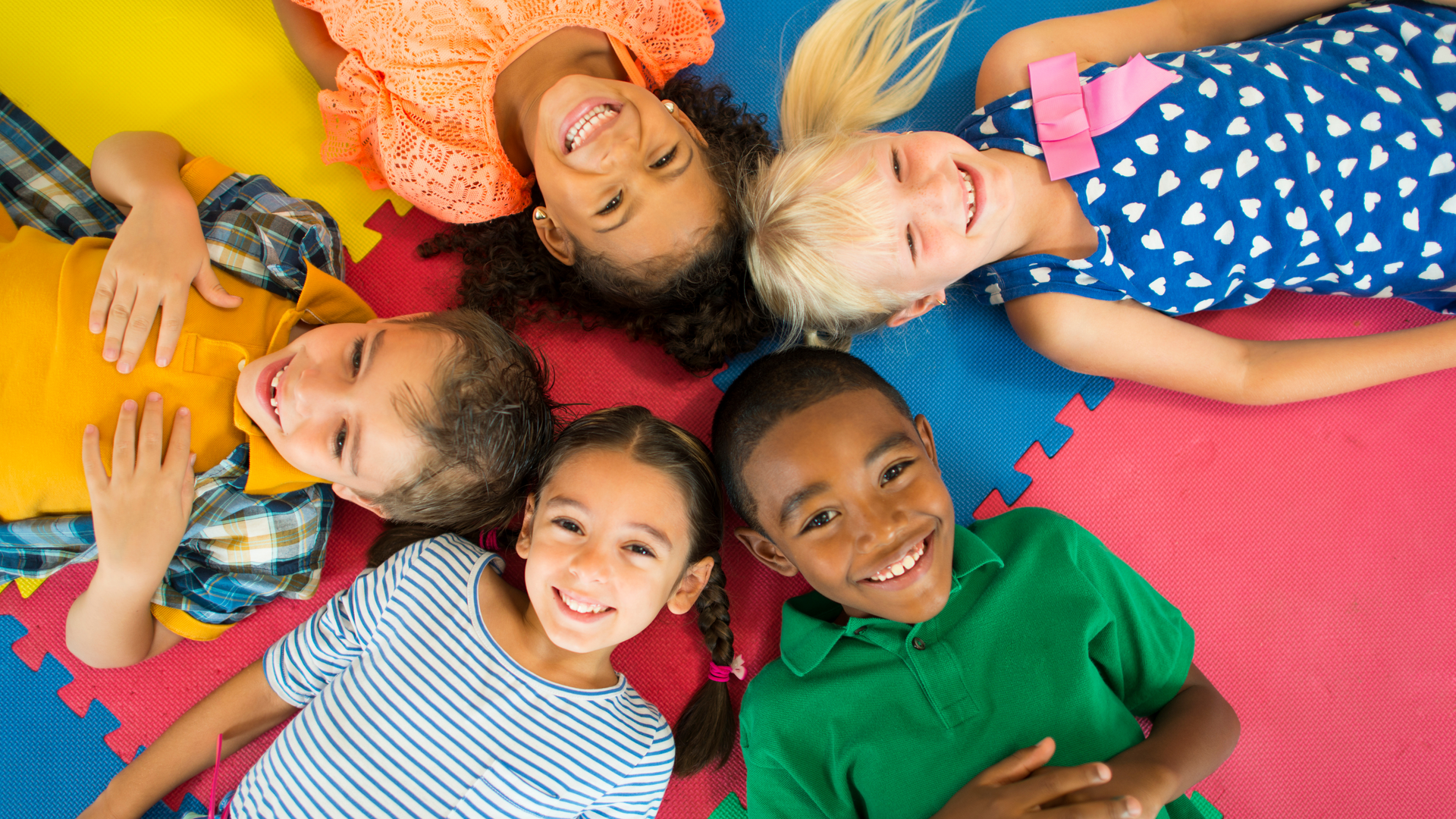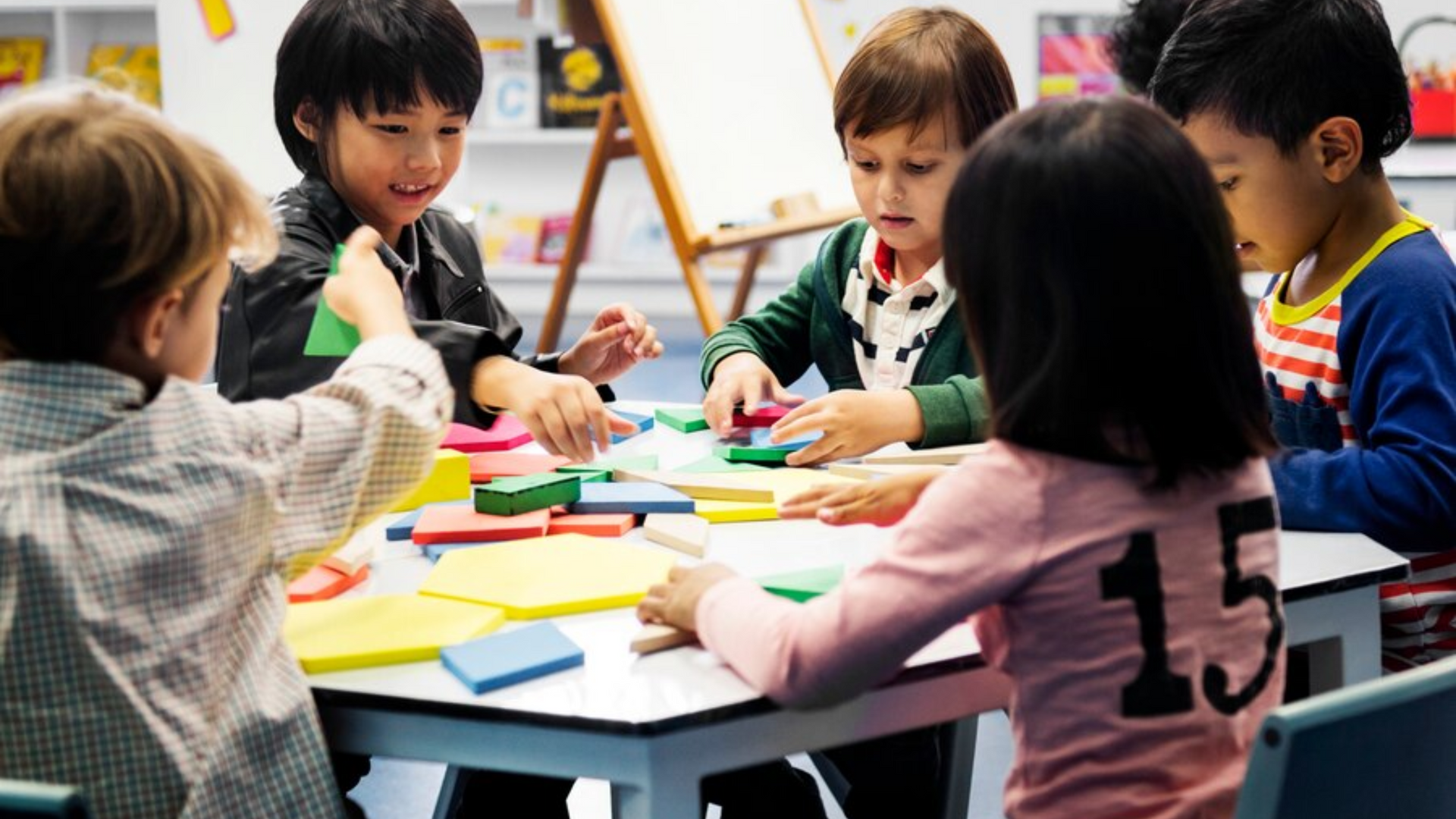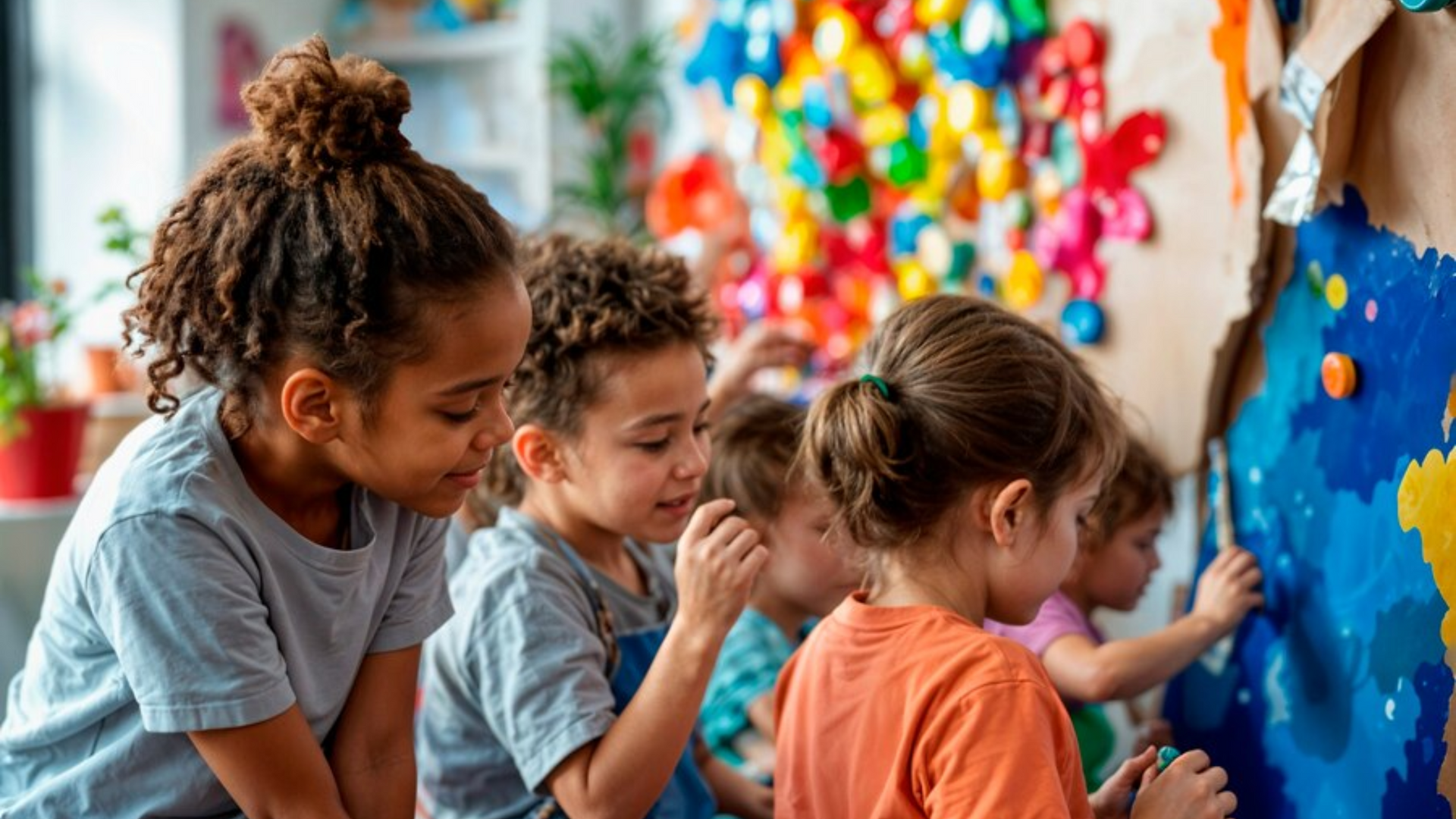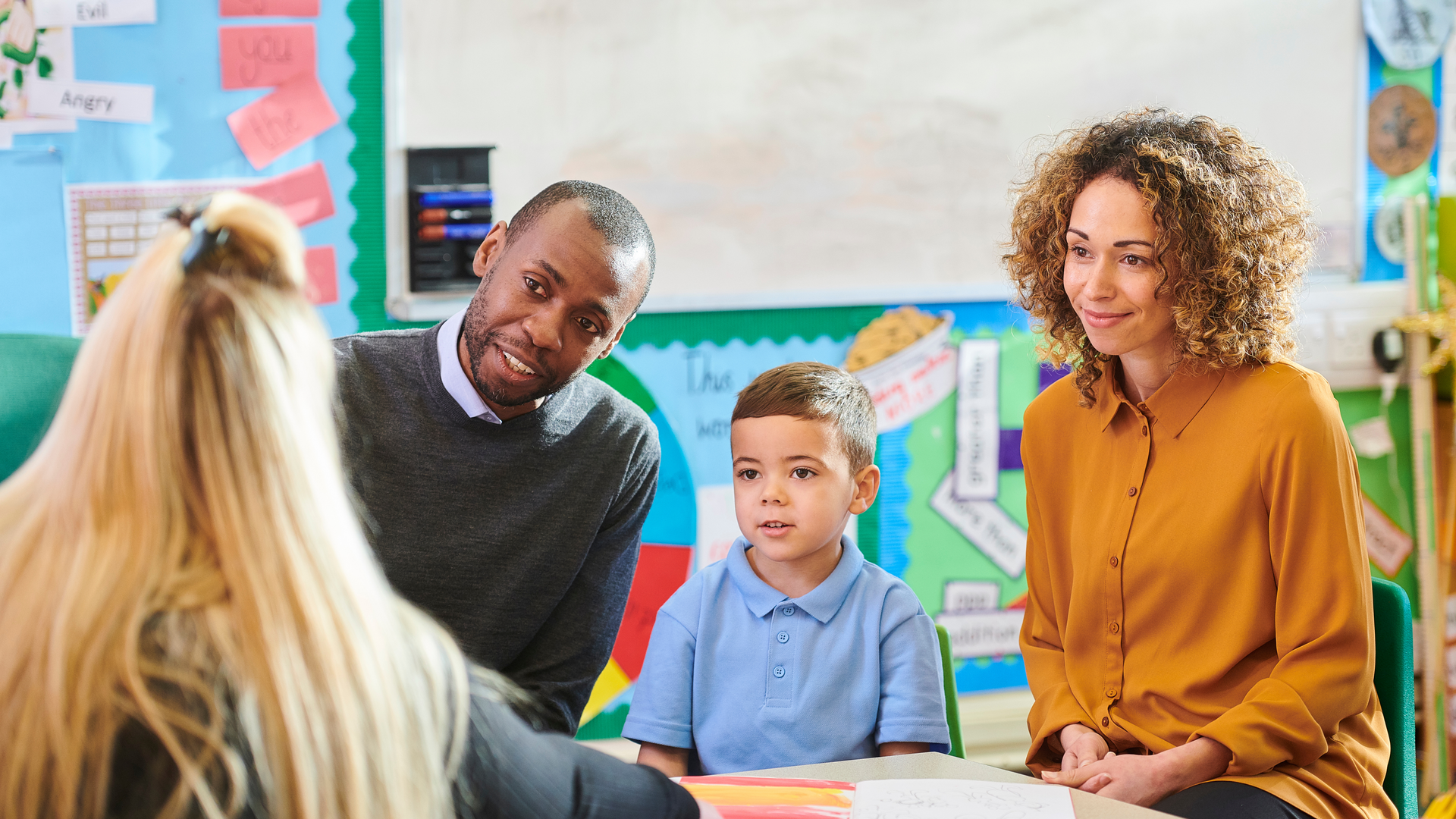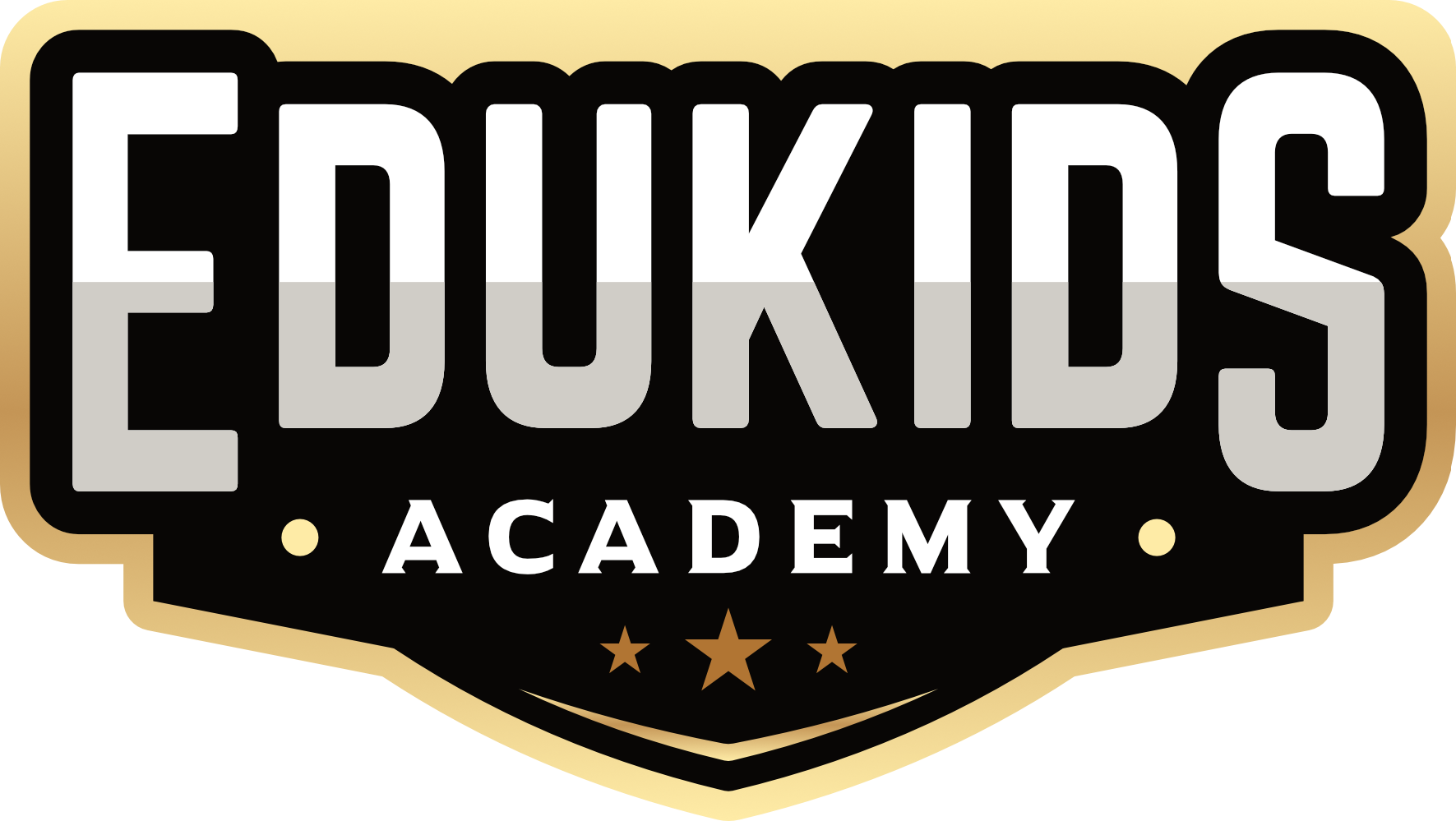June 6, 2025
At EduKids Academy, we believe education is about much more than memorizing letters and numbers—it's about cultivating confident, capable, and compassionate individuals. That’s why we’ve embraced a holistic approach to early childhood education , one that nurtures the whole child—mind, body, and heart. Holistic education goes beyond academic learning. It integrates emotional development, social awareness, physical wellness, creativity, and character-building alongside intellectual growth. This approach recognizes that every child is unique, and that thriving in school—and in life—requires a strong foundation in all areas of development. In this blog post, we’ll explore what holistic education looks like in practice, why it’s so beneficial for young children, and how we implement it every day here at EduKids Academy. What Does It Mean to Nurture the Whole Child? Nurturing the whole child means creating an educational environment that supports five key areas of development : Cognitive Development – Problem-solving, early literacy, numeracy, language acquisition, memory, and curiosity. Social Development – Cooperation, communication, empathy, respect for others, and understanding group dynamics. Emotional Development – Self-regulation, resilience, confidence, identifying and expressing emotions in healthy ways. Physical Development – Gross and fine motor skills, coordination, health awareness, and sensory exploration. Creative Development – Imagination, artistic expression, storytelling, music, and original thinking. Rather than focusing solely on worksheets or academic benchmarks, holistic education encourages children to explore, express, move, connect, and reflect. It treats every child as a dynamic individual with endless potential. Why Holistic Education Matters—Especially in Early Childhood The early years (birth through age 5) are a critical window for brain development. During this time, children are forming millions of neural connections that shape the way they learn, behave, and relate to the world. These years are also when children begin to form their identity, self-esteem, and love of learning. A holistic approach ensures that no part of a child’s development is neglected. It builds: Emotional intelligence , which helps children manage feelings and form healthy relationships. Social skills that enable cooperation, empathy, and effective communication. Academic readiness without pressure, through hands-on, joyful learning. Confidence and autonomy , as children learn to take initiative and make choices. Resilience , as children learn how to bounce back from challenges and adapt to change. In short, holistic education prepares children not just for school—but for life. Our Holistic Approach in Action at EduKids Academy At EduKids Academy, we’ve built our entire program around the principles of holistic education. Here's a glimpse at how we nurture every aspect of a child’s development through our curriculum, environment, and daily routines. 1. A Warm and Welcoming Environment Our classrooms are designed to feel like a second home—cozy, safe, and filled with wonder. Each space is thoughtfully arranged to encourage movement, independence, and exploration. You’ll find: Natural light and calming colors that support emotional well-being. Child-sized furniture and accessible materials that promote autonomy. Quiet corners for relaxation and self-regulation. Inviting learning centers where children can investigate, pretend, create, and connect. Our educators greet every child with warmth and respect, creating secure relationships that form the foundation for all learning. 2. Play-Based Learning with Purpose Children learn best through play—it's how they make sense of the world. At EduKids Academy, we use intentional, play-based learning to teach essential concepts in math, literacy, science, and the arts. During play, children are: Solving problems and asking questions (cognitive development) Collaborating with peers and learning turn-taking (social development) Using their hands and bodies in meaningful ways (physical development) Creating, expressing, and imagining (creative development) Our teachers skillfully guide play to maximize learning without interrupting the child’s natural curiosity and joy. 3. Social-Emotional Learning (SEL) Helping children understand and manage their emotions is central to our program. We embed Social-Emotional Learning (SEL) into every aspect of the day. We teach children to: Name and express their feelings using simple language. Practice breathing and calming techniques when overwhelmed. Recognize how their actions affect others. Solve conflicts with kindness and problem-solving. Build empathy, gratitude, and cooperation. Through role-play, stories, emotion cards, and consistent teacher modeling, we help children grow into emotionally intelligent and socially aware individuals. 4. Physical Activity and Wellness Children need to move! Physical development is supported through: Daily outdoor play and gross motor activities. Fine motor tasks like cutting, painting, and threading beads. Yoga and mindfulness to build body awareness and calm. Healthy eating habits taught during meals and snacks. We also educate children about hygiene, nutrition, and safety—laying the groundwork for lifelong healthy habits. 5. Creativity and Self-Expression Every child is an artist, storyteller, and inventor. We provide endless opportunities for creative exploration through: Art projects with open-ended materials Dramatic play areas with costumes and props Music and movement sessions with instruments and dancing Nature walks, sensory bins, and hands-on STEM discovery We celebrate each child’s ideas and imagination, recognizing that creativity is essential for problem-solving and innovation. 6. Meaningful Connections with Families True holistic education extends beyond the classroom. We partner with families to support the whole child at home and at school. We offer: Regular communication and progress updates Parent-teacher conferences with developmental insights Resources and workshops on child development Family events and celebrations that strengthen our community We know that when educators and families work together, children thrive. How Our Teachers Make the Difference A holistic approach wouldn’t be possible without deeply dedicated teachers. At EduKids Academy, our educators: Take time to know each child as an individual Use observation and documentation to understand developmental progress Scaffold learning experiences based on each child’s interests and needs Create calm, inclusive spaces where every child feels safe and seen Model kindness, patience, and curiosity every day Our teachers don’t just teach—they inspire, nurture, and guide. Real Results: How Holistic Education Prepares Children for the Future The benefits of holistic education are far-reaching and long-lasting. Children who experience this approach often: Enter kindergarten ready to learn and thrive Demonstrate stronger executive function (attention, memory, self-control) Show greater resilience and adaptability Form healthy relationships with peers and adults Maintain a lifelong love of learning At EduKids Academy, we’ve seen firsthand how nurturing the whole child empowers them to shine—in the classroom and beyond. Final Thoughts When you choose a childcare program, you’re not just choosing a place to drop off your child during the day—you’re choosing a partner in your child’s growth, development, and happiness. At EduKids Academy, we are proud to offer a nurturing, balanced, and enriching environment where every child is celebrated as a whole person. Our holistic approach helps children build a strong foundation for academic success, emotional well-being, and a joyful life. If you’re curious about the benefits of starting your child’s educational journey early, explore our guide to the 7 Advantages of Early Childcare Enrollment , and if you’re wondering What’s the Best Age to Start Childcare , we’re here to help you find the right path for your family.
